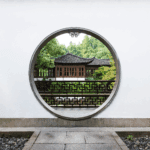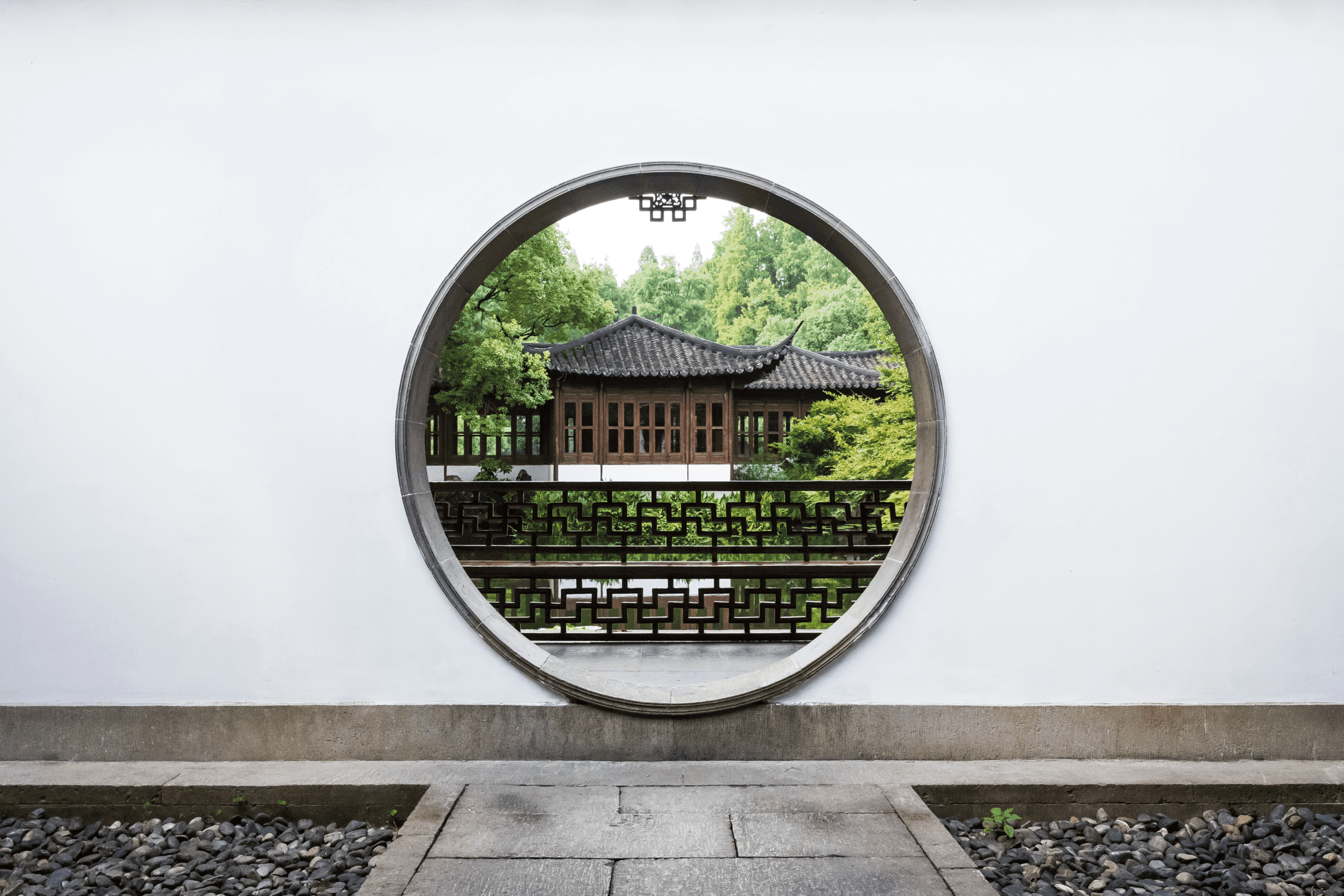The luxury travel market in China and Hong Kong is evolving rapidly amid changing consumer preferences, regional economic influences, and generational shifts. Understanding the behaviors of affluent travelers in these markets is essential for travel providers aiming to cater to this increasingly high-spending group. This article delves into the travel patterns of Chinese and Hong Kong luxury consumers uncovered by MDRI’s China Luxury Consumer Forecast 2025 mid-year results, examining their trip frequency, activities, accommodation choices, cultural attitudes, and family travel trends.
To explore further insights, download the infographic here.

- Mainland vs Hong Kong Affluent Travel Behaviour: Similar Annual Trips, Different Companions (More Family in Mainland, More Solo in HK)
- Mainland Chinese luxury consumers average 5.3 trips annually, including 1.9 personal trips and 1.7 family holidays. Hong Kong luxury consumers travel 5.2 times yearly on average but engage in more personal trips (2.3 per year).
- Gen Z exhibits the highest travel frequency at 6.2 trips per year, focusing more on individual getaways.
- Economic uncertainties, such as US trade tariffs, have dampened consumer travel sentiment, potentially impacting future travelling plans.
- Shopping Is Still the Key Reason to Travel and the Preference Is for Domestic Trips and Travel to Asia Pacific for Both Mainland Chinese and Hong Kong Luxury Travelers.
- Both Mainland Chinese and Hong Kong travelers prioritize shopping as the key activity for travel. In addition, Mainland Chinese also indicate that they travel for gourmet experiences (“Savoury Journey”), frequently visiting domestic locations like Guangdong and Hainan for culinary and retail tourism.
- Hong Kong consumers prefer tier 1 cities (Shanghai, Guangdong and Beijing) when they travel to Chinese Mainland.
- International travel preferences reveal a strong interest in Asia-Pacific among mainland Chinese while millennials lean towards Europe and Gen Z favoring the Americas, whereas Hong Kong luxury consumers show a stronger European preference.
- Upscale and Luxury Hotels and Resorts Dominate Accommodation Preferences
- Gen Z (66%) shows strong preference for luxury hotels compared to millennials (51%) and mature (51%) segments
- In terms of booking, the travel apps are more popular among Hong Kong travelers (66%) than Mainland Chinese Travelers (49%).
- Online travel platforms and apps are the primary booking channels, with Mainland consumers split between apps (49%) and official airline/hotel channels (34%), while Hong Kong consumers heavily prefer travel apps (66%).
- Chinese mature segments tend to use online travel platforms more frequently, whereas millennials book more via official websites or social media.
- Cultural Exploration and Comfort: Balancing Adventure with Familiarity
- 92% of Chinese luxury consumers are comfortable engaging with unfamiliar cultures abroad, surpassing Hong Kong’s 81%.
- However, when they are back in the hotel, Mainland travelers (84%) also emphasize home comforts, 16% more than their Hong Kong peers (68%).
- Mature travelers (86%) has the highest desire for cultural experience and they also have the highest need (87%) for home-like amenities/ comfort when they are in the hotel.
- Family Travel Trends: Generational Variations and Preferences
- Mainland Chinese luxury consumers (82%) travel more frequently with family than Hong Kong consumers (58%).
- Amenities prioritized vary by generation:
- Gen Z focuses on ease of transport, dining, and leisure facilities like pools;
- Millennials prioritize family-friendly features;
- Mature travelers value proximity to attractions for convenience.
- Urban destinations dominate family travel choices, though younger consumers increasingly seek countryside and beach destinations for relaxation and adventure.
Travel Frequency and Purpose: Patterns Across Regions and Generations
Mainland Chinese (5.3 times) and Hong Kong (5.2 times) luxury consumers plans for the same number of trips/ travels annually. Family holidays is the dominant trip types for mainland Chinese (1.7, compared to 1.4 among Hong Kong), while Hong Kong luxury consumers show a stronger preference for solo personal trips – 2.3 solo getaways annually compared to 1.9 among Mainland Chinese travellers. (See figure 1)
However, Gen Z exhibit the highest travel frequency overall, averaging 6.2 trips per year. This younger demographic also shows a particular inclination towards solo travel.
Recent economic factors such as US trade tariffs have dampened sentiment, with nearly half of Mainland Chinese travellers (47%) reporting a negative impact compared to 38% of Hong Kong luxury travellers.
Preferred Travel Activities and Destination Preferences: Diverse Interests by Market and Age
For both Chinese and Hong Kong travelers, Shopping is one of the key reason to travel – Chinese luxury consumers also favor Savoury Journey (food tourism). (See figure 2)
In terms of domestic travel destinations, Mainland Chinese luxury consumers plan to visit Guangdong (34%) and Hainan (21%) in the next 12 months, while Hong Kong consumers who are traveling to Chinese Mainland list Shanghai 37%, Beijing and Guangdong 26% as their top choice (see figure 3).
For overseas travel, 78% of mainland Chinese luxury consumers plan to visit Asia-Pacific regions, followed by Europe (35%) and the Americas (29%). Hong Kong luxury consumers (58%) show a stronger preference for Europe compared to mainland Chinese (35%). (See figure 4)
Compared to the other age segments, Chinese Gen Z consumers lean towards Shanghai and Beijing, while Millennials favor Guangdong. Chinese Millennials luxury consumers (41%) are also more inclined toward Europe, while Gen Z (45%) prefers the Americas.
Upscale and Luxury Hotels and Resorts Dominate Accommodation Preferences
Accommodation choices reflect the sophistication and diversity of the luxury segment.
Both Mainland and Hong Kong luxury consumers predominantly select upscale hotels and resorts. In addition, Gen Z (66%) has high preference for luxury hotels relative to Millennials (51%) and Mature (51%) Segments.
Relative to Hong Kong, Mainland Chinese consumers show a particular interest in beachside residences (25% of Mainland Chinese vs only 16% from Hong Kong), especially among Gen Z (35%). Millennials also explore local traditional houses (28%) and special-themed accommodations (24%). (See figure 5)
Hong Kong Travelers Prefer Apps for Travel Booking; Mainland Shows Mixed Preferences
Digital platforms play a critical role in bookings. Mainland consumers divide their reservations between travel apps (49%) and official airline or hotel websites (34%), whereas Hong Kong consumers prefer booking via travel apps (66% vs only 22% for Airlines/ hotel website) (see figure 6).
The mature segments (51%) uses mostly online travel platforms more than other segments, while millennials prefer booking directly through airline or hotel websites and social media channels, indicating varied technological engagement (see figure 7).
Cultural Exploration and Comfort: Balancing Adventure with Familiarity
Mainland Chinese luxury consumers exhibit a dual desire for authentic local experiences (when they are out exploring the offerings of the location they travel to) abroad alongside the need for familiar comforts (when they are in the hotel), a balance that shapes their travel experience and preferences.
Mainland Chinese consumers demonstrate high cultural openness, with 92% comfortable engaging in unfamiliar cultures abroad and 83% actively seeking authentic local experiences (see figure 8). Both metrics substantially higher than Hong Kong consumers (81% and 60% respectively).
Despite this openness, Mainland Chinese (84%) also place great value on home comforts (16% higher than Hong Kong consumers – 68%), indicating a blended travel experience combining adventure with familiarity (see figure 9). Language barriers remain a challenge (reported slightly more by Mainland Chinese luxury consumers, 44%).
Travel providers can enhance offerings by delivering culturally immersive yet comfort-inclusive experiences and improving language support, such as Mandarin-speaking guides and translation.
Family Travel Trends: Generational Variations and Preferences
Mainland Chinese luxury consumers (82%) travel with family more frequently (compared to Hong Kong which is only 58%), usually in groups averaging around 3.4 people, and trips last approximately 5.8 days. Hong Kong luxury consumers travel with a similar size group (3.5 people) and about the same number of days (6 days, see figure 10). Generational patterns reveal that Gen Z travels less often with family, typically accompanied by parents and siblings, while millennials and mature segments often travel with spouses and children reflecting different life stages (see figure 11).
Accommodations for family travel favor upscale hotels and resorts, but Mainland luxury consumers also appreciate traditional local houses for a blend of cultural immersion and comfort (see figure 12).
In terms of hotel amenities, different generations have different priorities on choosing hotel for family trips. Mainland Chinese luxury consumers seek for ease of transportation, proximity to attractions, and food & beverage options. For Gen Z, they prioritize transport convenience (they are traveling with parents), dining, and swimming pools. Millennials, on the other hand, value family rooms and kid-friendly amenities (because of having young families). While for mature segment, they focus more on proximity to attractions, prioritizing convenience. (See figure 13)
Urban destinations dominate family travel, though younger generations are increasingly exploring countryside and beach locales, balancing cultural richness with relaxation and adventure. (See figure 14 & 15)
Conclusion
Affluent travelers from Chinese Mainland and Hong Kong are rewriting the rules of luxury travel — they are traveling more frequently for purpose-driven trips that combine shopping and gastronomy with cultural exploration and family time. The data highlight distinct differences among the segments, with Gen Z leading in travel frequency and their demand for elevated luxury offerings, while mature segments reinforce the importance of comfort and cultural enrichment. Urban destinations continue to dominate family choices: in these locations, Gen Z and mature travelers seek convenience — ease of transportation for the former, proximity to attractions for the latter — while Millennials prioritize family rooms and kid-friendly amenities. With Chinese outbound tourism forecast to surpass 155 million travelers in 2025 and the luxury travel market expanding at nearly 9% annually, this segment stands as the most dynamic and influential force shaping the future of global high-end travel.
